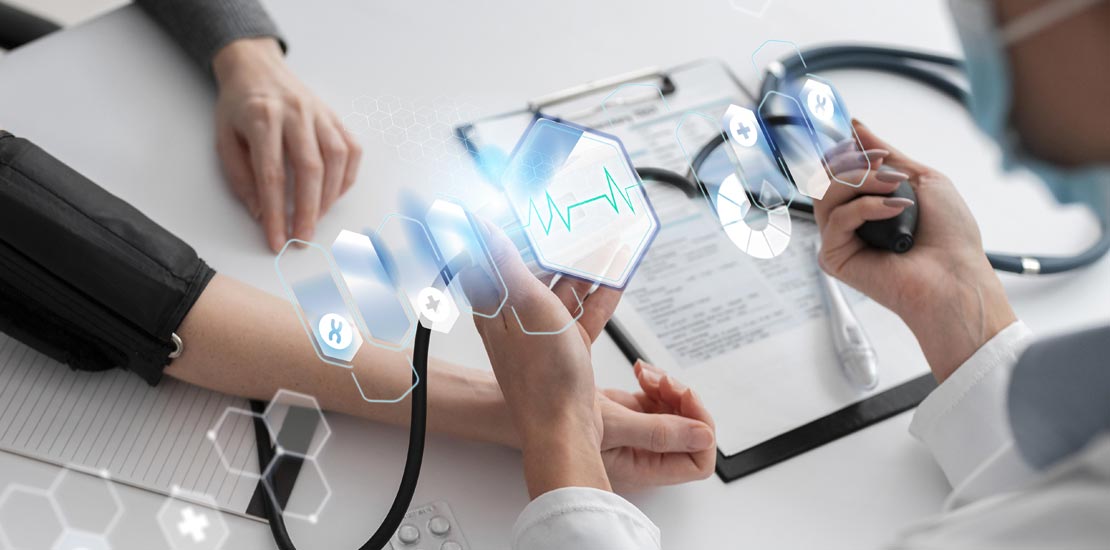The Ethics of Remote Patient Monitoring: Balancing Convenience and Privacy
- May 24, 2023
- Posted by: Varsha G Krishnan
- Category: Healthcare - Inven WearDaQ

In today’s fast-paced world, remote patient monitoring has become an essential tool for healthcare providers to deliver quality care to their patients. It allows patients to receive medical care from the comfort of their homes, reducing the need for hospital visits and minimizing the risk of exposure to infectious diseases. However, as with any technology that collects personal data, the ethics of remote patient monitoring must be carefully considered.
The convenience of remote patient monitoring cannot be denied. Patients can receive medical care without leaving their homes, which is particularly beneficial for those who live in rural or remote areas, or have mobility issues. It also allows healthcare providers to monitor patients’ conditions in real-time and make informed decisions about their care.
However, there are privacy concerns associated with remote patient monitoring. The data collected by these devices can be highly sensitive, including patients’ health status, medical history, and daily routines. There is a risk that this data could be intercepted, hacked, or misused, which could have serious consequences for patients.
So, how can we balance the convenience of remote patient monitoring with the need for privacy? One solution is to ensure that patients are fully informed about the data that is being collected, who will have access to it, and how it will be used. Patients should have the right to opt out of data collection or limit the data that is collected.
Another solution is to ensure that data is collected and stored securely. Healthcare providers should work closely with technology providers to implement robust security protocols, including encryption and two-factor authentication. Regular security audits should also be conducted to ensure that data is being handled appropriately.
Inven WearDaQ developed on a HIPAA-compliant AWS environment is an ideal solution. Inven WearDaQ is an innovative and cutting-edge wearable data acquisition component that is poised to revolutionize the healthcare industry. All access attempts are recorded for auditing purposes, and access controls are put in place to make sure that only authorized personnel can access patient data. Encryption is used to safeguard data both while it is in transit and while it is at rest using advanced encryption standards and technologies like transport layer security. Virtual private clouds and security groups are used to provide network security so that only authorized network traffic can enter the system.
Conclusion
Remote patient monitoring has the potential to revolutionize healthcare by improving patient care and outcomes. However, to ensure its ethical implementation, we must carefully consider the balance between convenience and patient privacy. By prioritizing robust privacy measures and respecting patient autonomy, we can ensure that patients receive high-quality care while their personal data remains protected. Together, let us embrace the transformative power of remote patient monitoring while upholding the ethical principles that guide its responsible use.
Contact us at the Consulting WP office nearest to you or submit a business inquiry online.
